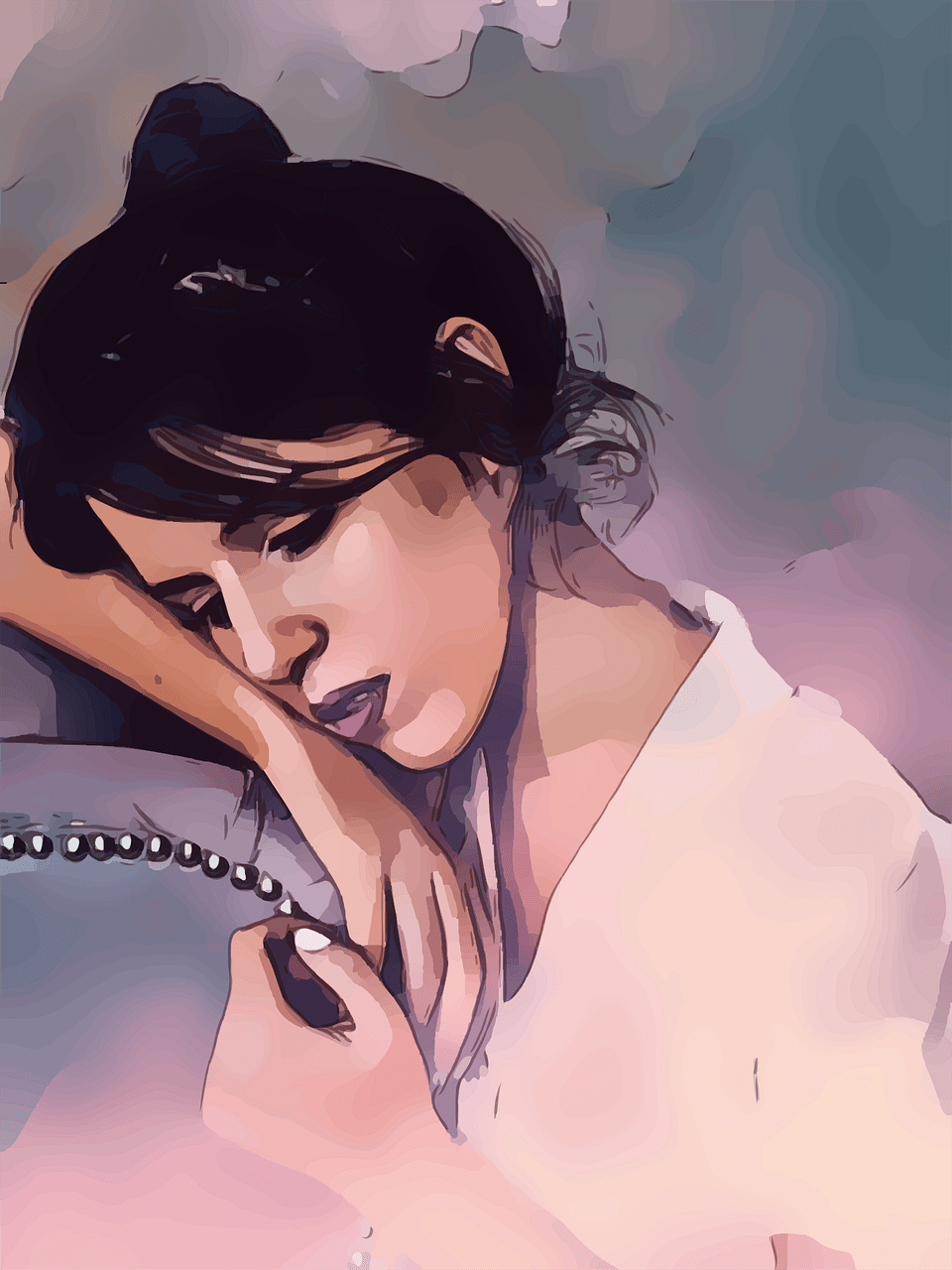In the News

Handling Grief during COVID-19
Perhaps, C.S. Lewis said it best, “No one ever told me that grief felt so like fear.” It is only human nature that with any change, fear is our first emotion. Fear of the unknown and of things that are out of our control like when loved ones become ill or pass on. For many of us, we may be facing this reality due to the current pandemic.
This international healthcare crisis is becoming one that not only affects one’s physical health, but it has the possibility of impacting one’s mental health as well, especially as the nation’s death toll rises. The grim nature of this reality is something that no one has ever experienced before. These are the uncharted waters of loss, grief and closure in the midst of COVID –19.
As the virus began to find its way to the United States, hospitals across the country began to enforce strong visiting guidelines. While these guidelines were established to keep communities safe and to reduce the risk of spread, they have the potential to drastically affect the mental health of loved ones on the outside.
Lesa Lee, Chief Clinical Officer at For All Seasons, said there are many emotions people in this situation may feel, but ultimately the underlining feeling is fear.
“I would imagine that many people feel fear, Lee said. “Someone might present with being angry or that things are unfair, but underneath it all people just want to make sure that their loved ones are safe.”
She said the idea of not being with loved ones when they are struggling or hurting might cause someone to feel out of balance.
“On one hand, they may understand the need for the precautions, but on the other, feel frustrated and angry with not being there to support them, or to make sure they are okay,” said Lee.
She said those feelings of anger and frustration may be coming from a place of helplessness and ultimately fear that something may happen to their loved ones, and they are not there to see them through it. Additionally, they may manifest in other ways that impact one’s overall health.
“They might struggle to concentrate or with getting enough sleep,” Lee said. “They might feel anxious and notice stress or tension in their body. All of these ‘symptoms’ most likely lead back to that core emotion of fear.”
Lee offers a few ways someone could process these emotions and explains how self-care can be useful in maintaining a healthy mental and physical balance.
“I think it is really important to pause and reflect. If we begin to understand, what is happening to us then we can start to ask ourselves – what do I need,” Lee said. “For everyone that is going to be different.”
She said for some, it may help to reach out to other loved ones or a trusted person. For others, it may be exercise, rest, a hobby, or even a cup of tea. These are all things that can be added to one’s mental health first aid kit.
“After someone pauses and reflects, we have to develop a mental health first aid kit,” Lee said. “These are self-care tools that help us in times of stress. So we grab the kit, and it reminds us of the things that can help center us – to bring us back into balance.”
In the event that the loved one passes, being able to process that loss may look different in today’s world versus yesterday’s. Funerals and memorial services are now limited, and many have gone virtual, all of which can change the grieving process.
She said it is normal to desire traditional ceremonies, but because of social distancing, people may have to think unconventionally.
“I think it is important to honor our cultural beliefs, and with social distancing, we might have to figure out creative ways to do that, Lee said. “Since we are all hardwired to connect, we have to figure out a way to stay connected through this time.”
Lee said often times it is not the initial grief that can be hard to process, but rather the grief that comes after the dust settles.
She said this is a time when we really need to wrap around people who are grieving and simply say, “I do not know what to say other than I am here.” She suggests sending them a note in the mail, a recording, or even a song might just to let that person know they are not alone.
For those experiencing unresolved grief due to the inability to hold traditional services or even be with a loved one when they pass, Lee said, “Yes, it is more challenging now that we cannot embrace or hold each other – we have to acknowledge that change. We have to know that things are different and that we cannot just minimize or look past things because we may feel differently about it.”
She said unresolved grief can manifest in other ways and can create a sense of captivity in one’s life.
“I think that any unresolved grief, whether it is because we cannot do something traditional or we are denying our feelings, can get us stuck,” Lee said. “Sometimes we stay occupied to forget, or we pull down pictures and move on quickly. We deny our thoughts, feelings, and body sensations.”
She added that she believes our body and mind have a way of reminding us of what we are denying, and that reminder may show up through impulsive acts, poor sleep, and even body aches and pains.
“I really am a big believer in pausing and reflecting,” Lee said. “If we do not acknowledge what we are thinking and feeling, then we do not allow the natural progression of grief to occur.”
